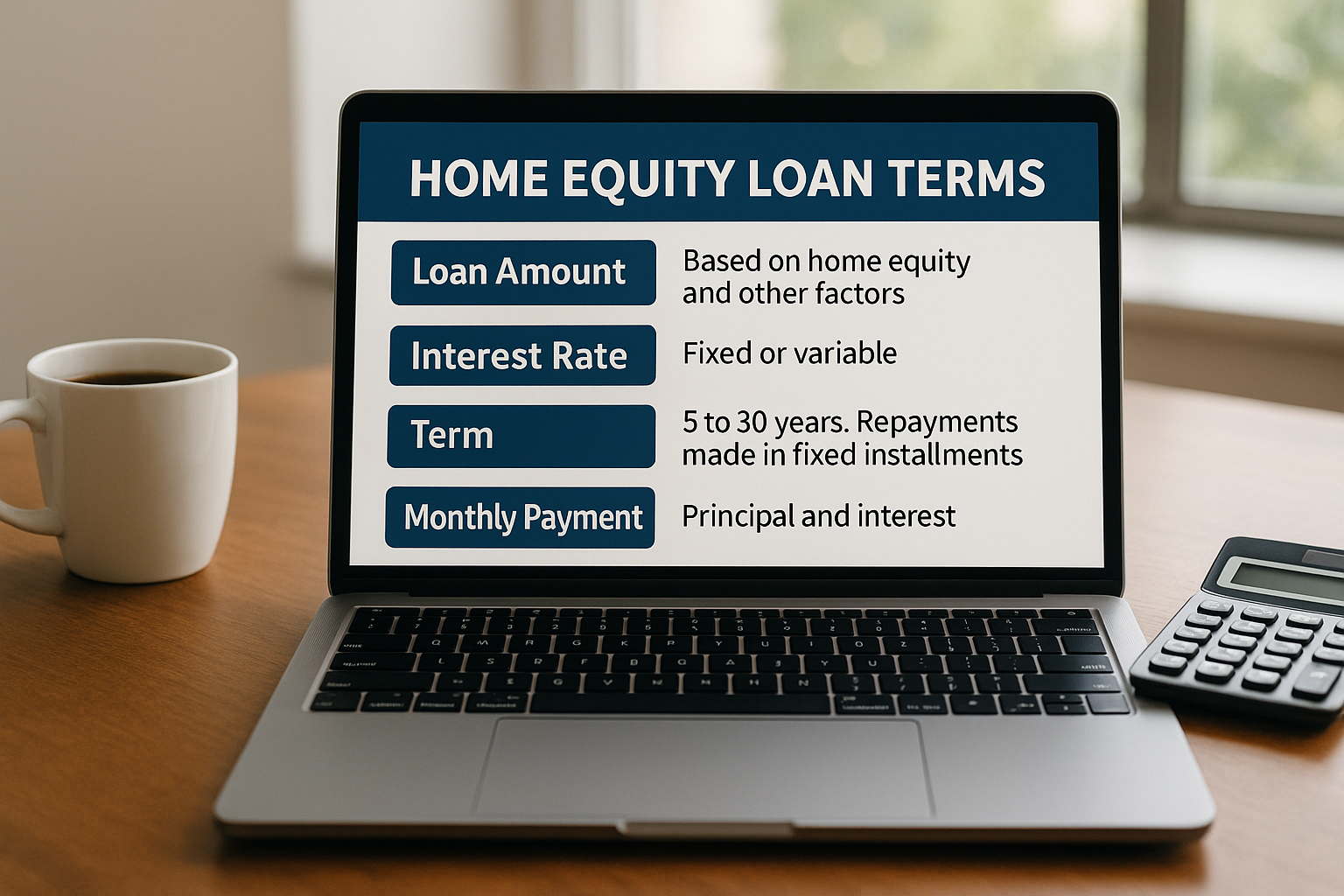The surprising truth about home equity loans revealed
Unlock the hidden potential of your home's value with home equity loans and discover how you can strategically use this financial tool to achieve your goals—whether it's renovating your space, consolidating debt, or funding major expenses—by exploring the diverse options available to you today.

Understanding Home Equity Loans
Home equity loans, often referred to as second mortgages, allow homeowners to borrow against the equity they have built up in their property. This type of loan provides a lump sum of money at a fixed interest rate, which is repaid over a set period. The loan amount is determined by the difference between your home's current market value and the outstanding balance of your mortgage. This financial product can be a powerful tool for those who need access to funds for various purposes.
Why Consider a Home Equity Loan?
The primary allure of home equity loans lies in their ability to provide substantial funds at relatively low interest rates compared to other types of loans, such as personal loans or credit cards. This is because your home serves as collateral, reducing the lender's risk. For instance, if you're looking to undertake significant home improvements, a home equity loan can offer the necessary capital to enhance your property’s value, potentially increasing your equity even further.
Moreover, home equity loans can be an effective way to consolidate higher-interest debt, such as credit card balances, into a single, more manageable monthly payment. This can lead to significant savings on interest over time, allowing you to pay off debt faster1.
Assessing the Costs and Benefits
While the benefits of home equity loans are compelling, it's crucial to weigh them against the potential risks. Since your home acts as collateral, failing to make payments could result in foreclosure. Therefore, it's essential to ensure that you have a stable financial situation before committing to this type of loan.
Interest rates on home equity loans are generally lower than those of unsecured loans, but they can vary based on your credit score, loan amount, and lender policies. As of recent data, interest rates typically range from 3% to 7%2. It's advisable to shop around and compare different lenders to find the best rate and terms. Many financial institutions offer online tools to help you estimate your loan’s potential interest rate based on your financial profile.
Exploring Alternatives and Specialized Options
If a home equity loan doesn't seem like the right fit, there are other options to consider. Home equity lines of credit (HELOCs) offer more flexibility, allowing you to draw funds as needed up to a certain limit, similar to a credit card. This can be advantageous if you're unsure of the total amount you'll need or if you prefer to pay interest only on the funds you use3.
Additionally, some lenders provide specialized services tailored to specific needs, such as loans for energy-efficient home upgrades or educational expenses. Exploring these options can lead you to more customized solutions that align with your financial goals.
Key Takeaways
Home equity loans can be a strategic financial tool for those looking to leverage their home’s value for substantial expenses. By offering access to low-interest funds, they enable homeowners to invest in their property, consolidate debt, or cover major costs effectively. However, it's crucial to approach this decision with careful consideration of your financial stability and the potential risks involved. For those interested in exploring further, a wealth of options and resources are available to help you make an informed choice.